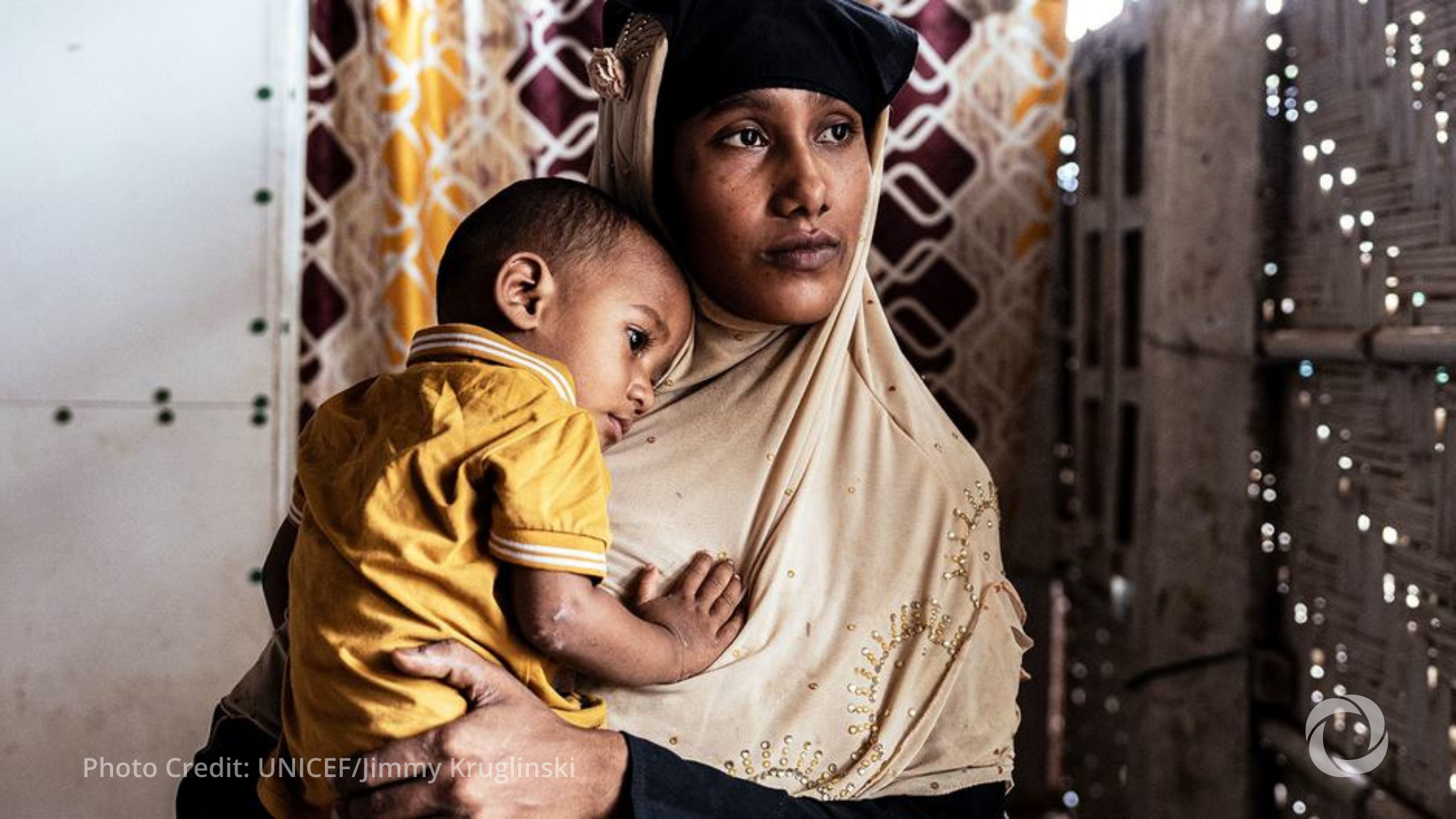Monday, August 25, 2025, marks eight years since more than 700,000 Rohingya fled violence in Myanmar’s Rakhine State, sparking one of the world’s largest refugee crises, the United Nations announced. After armed attacks on Myanmar security forces in August 2017, many Rohingya crossed into Bangladesh, joining thousands who had escaped earlier waves of violence and now live in camps near Cox’s Bazar.
UN Spokesperson Stéphane Dujarric said conditions remain harsh for Rohingya both inside Myanmar and in refugee areas. In Rakhine State, fighting between Myanmar’s military and the Arakan Army continues, with civilians facing forced recruitment and other abuses. Rising violence has pushed more Rohingya to flee, adding pressure on Bangladesh, which already hosts over a million refugees from Myanmar. The situation worsened after Myanmar’s military took over in a 2021 coup, leading to fresh conflict.
Dujarric also raised concerns about reports of refugees being pushed back or deported in the region, shrinking safe spaces and threatening basic rights. These problems come as funding cuts have reduced access to education, food, healthcare, and protection services.
UN Secretary-General António Guterres has called for the protection of all civilians under international law. He recalled visiting Cox’s Bazar, where he witnessed the strength of Rohingya communities. Guterres stressed the need for more global support alongside political efforts that include Rohingya voices and address the crisis’s root causes.
The UN hopes the upcoming high-level conference on September 30 in New York will renew international focus and action. The Secretary-General’s Special Envoy on Myanmar is working with all sides to end the fighting and support a peace process that could help Rohingya return home safely and with dignity.

